“Roots of Tradition” Daily Wear
Embodying the sensibility, wisdom and lifestyles of the East, MUJI incorporates traditional raw material and handicrafts in product development, creates contemporary daily wear and aspires to pass on the quintessence of the cultures and connect people with locales.
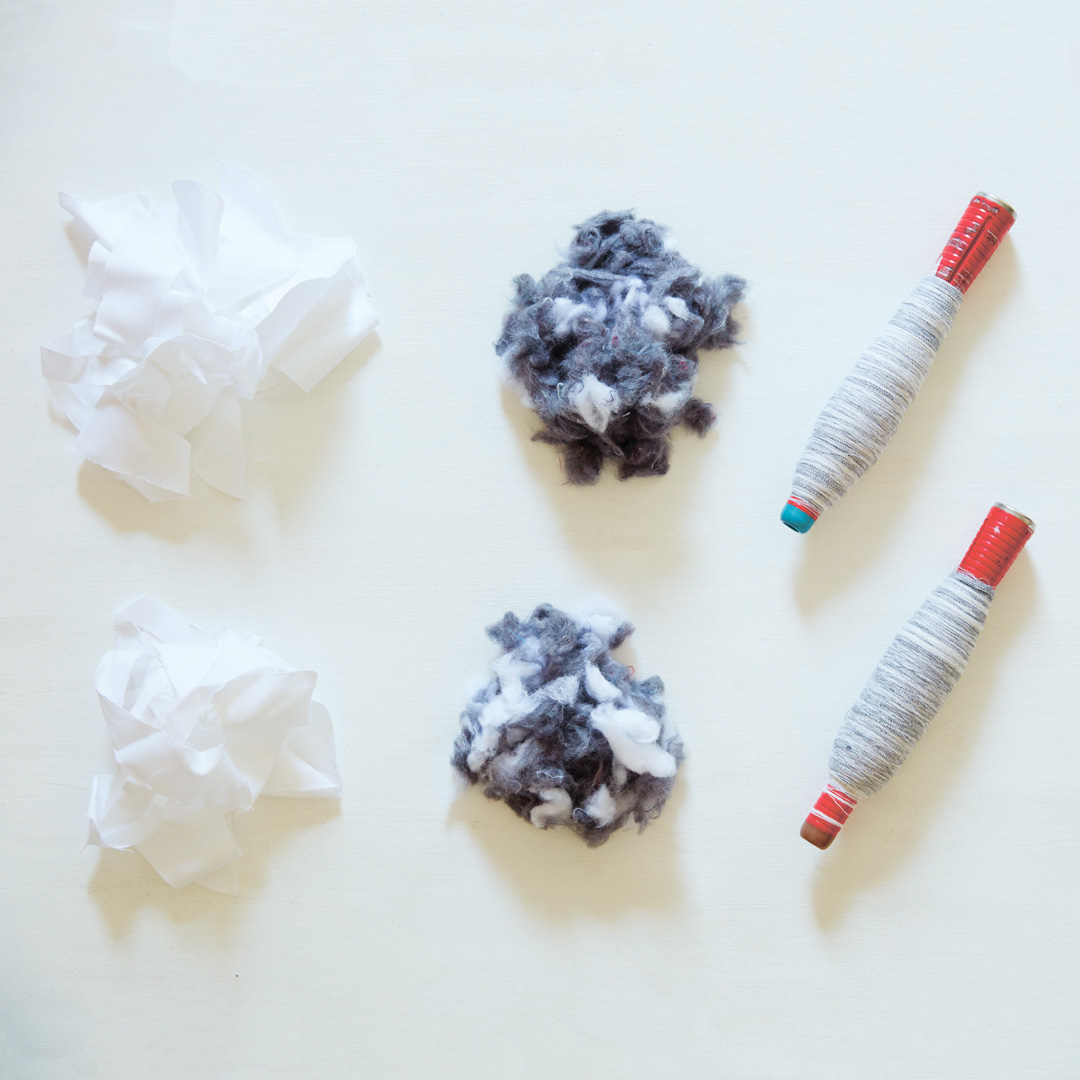 Japanese Traditional Craftsmanship -
Japanese Traditional Craftsmanship - Reclaimed Materials
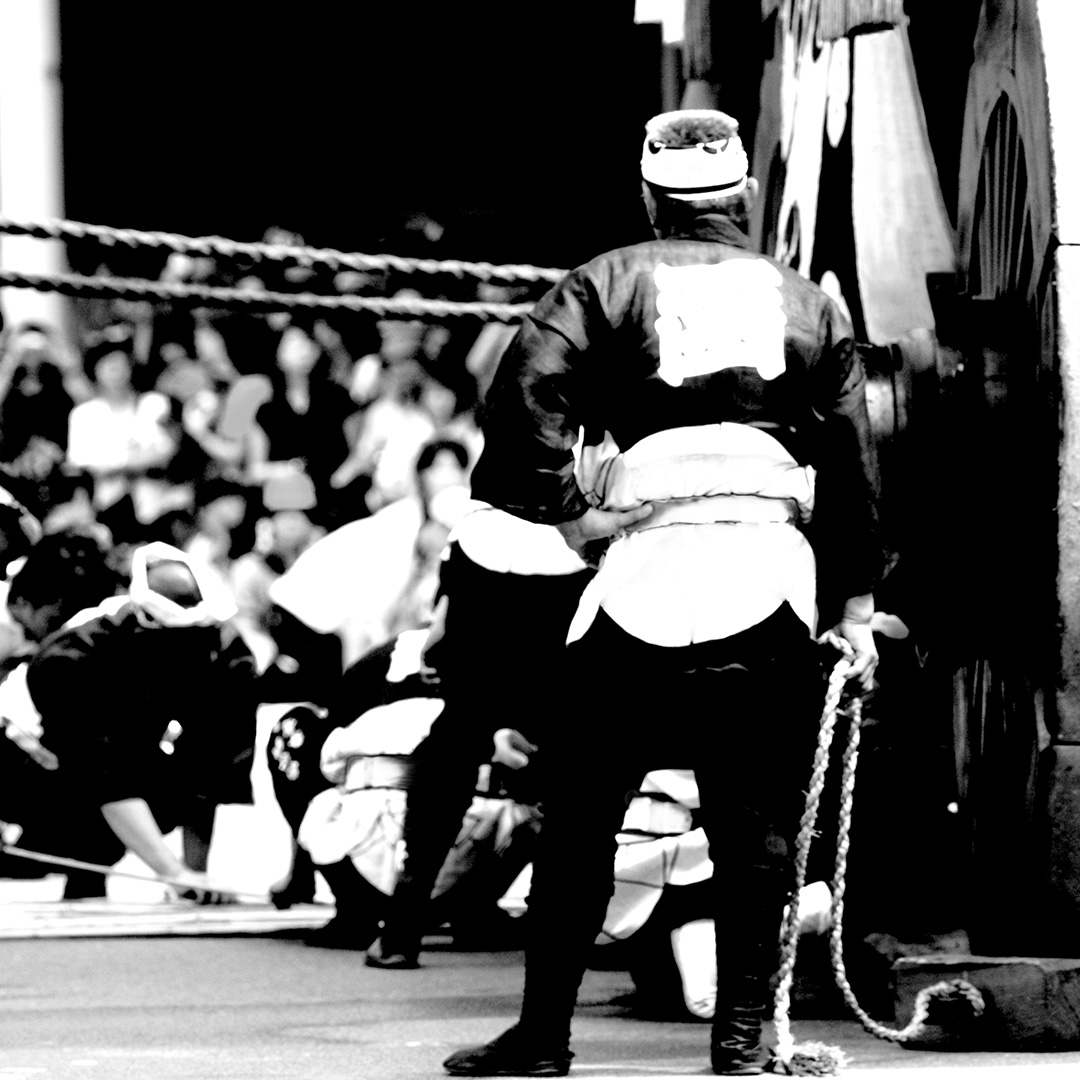 Japanese Traditional Culture -
Japanese Traditional Culture - Festive Ceremony
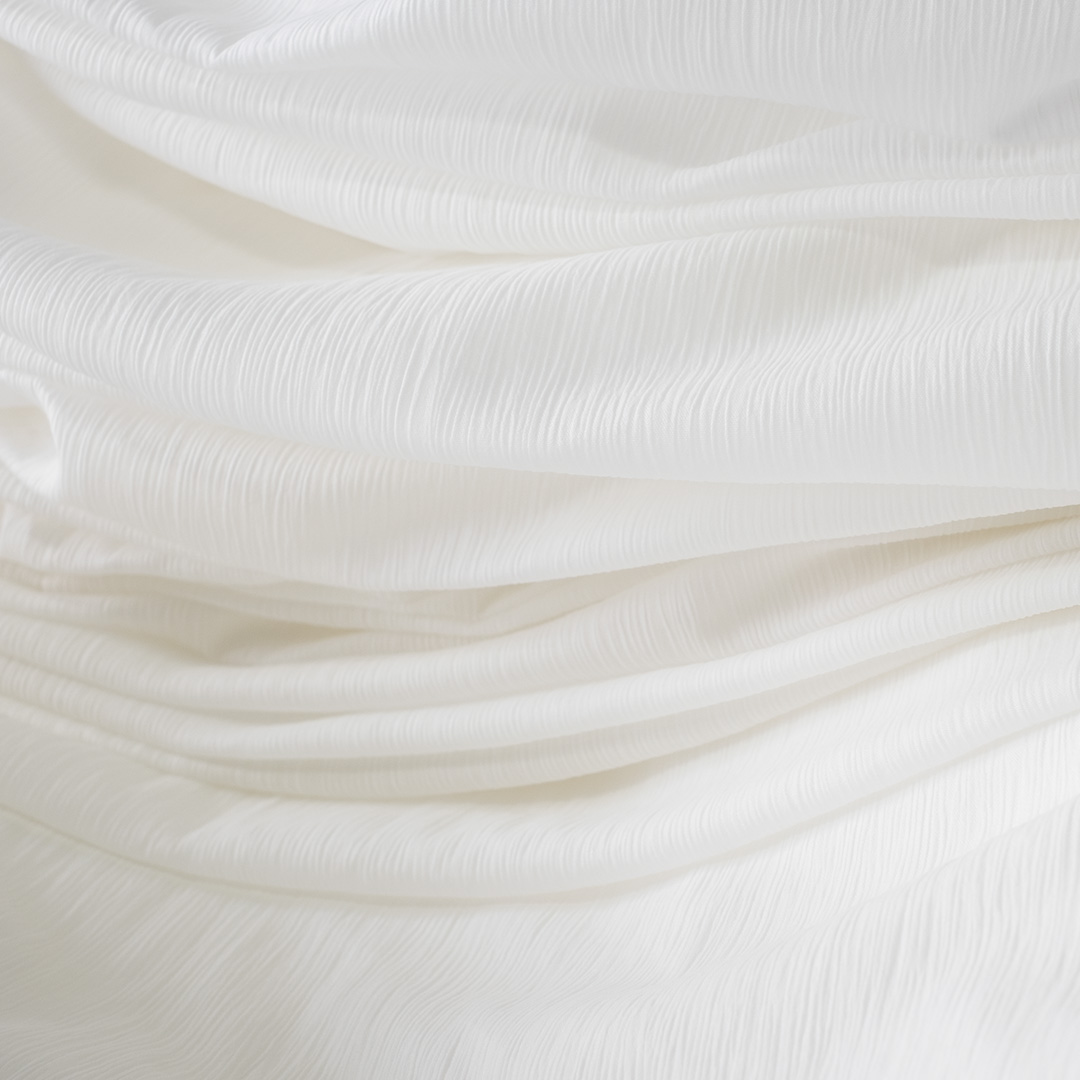 Japanese Traditional Craftsmanship -
Japanese Traditional Craftsmanship - Takashima Chijimi Textile
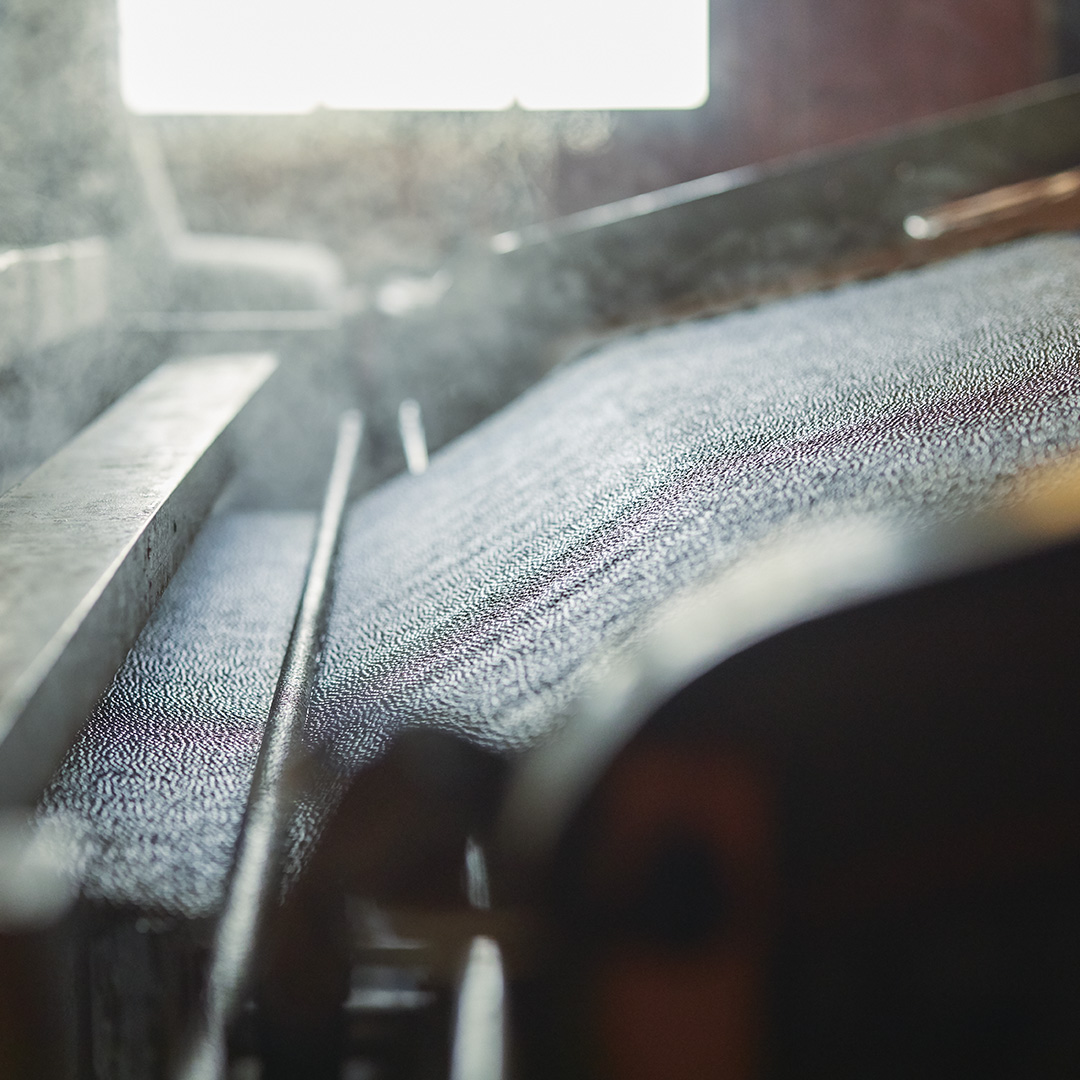 Japanese Traditional Craftsmanship -
Japanese Traditional Craftsmanship - Awa Shijira-Ori Textile
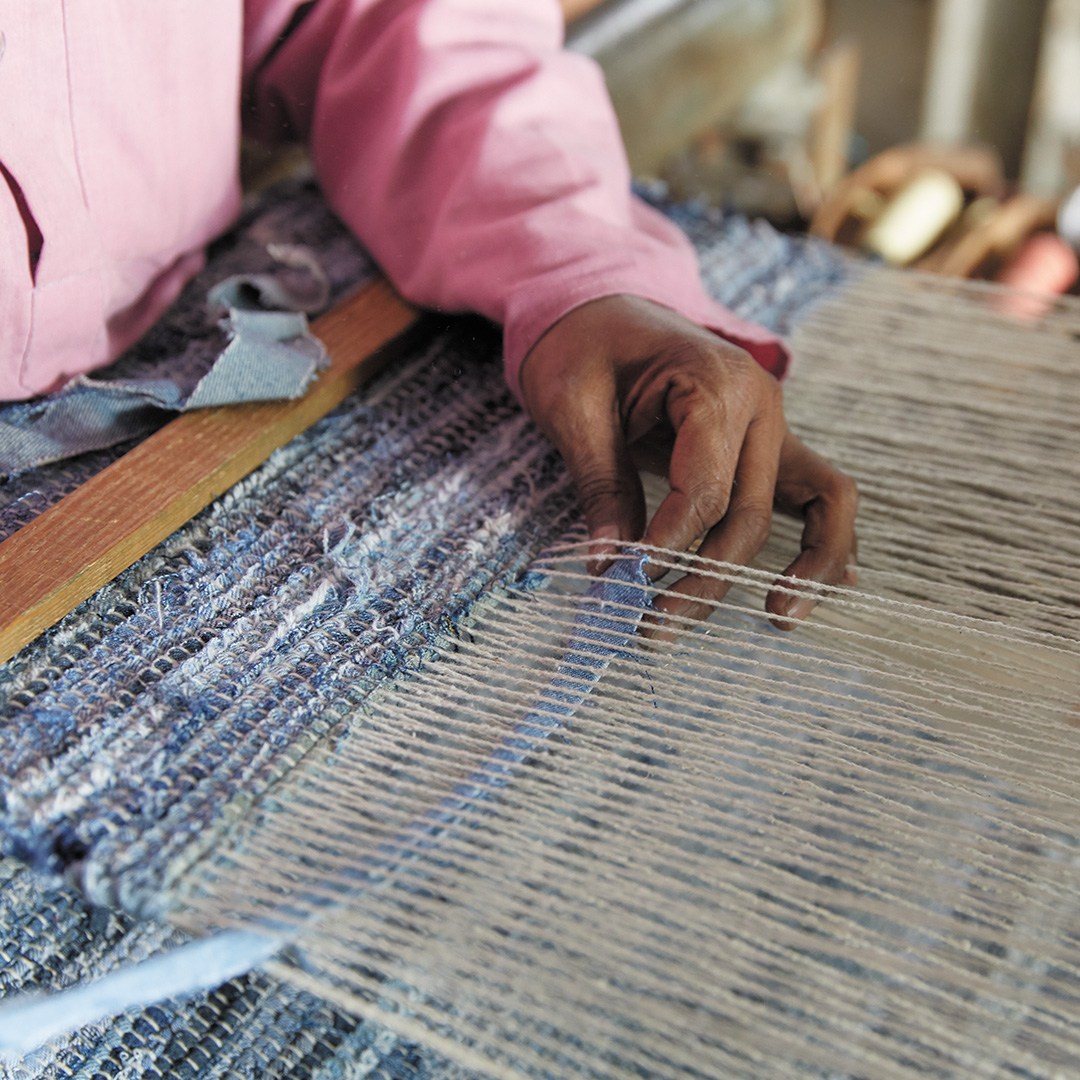 Indian Traditional Craftsmanship -
Indian Traditional Craftsmanship - Rag Woven Denim
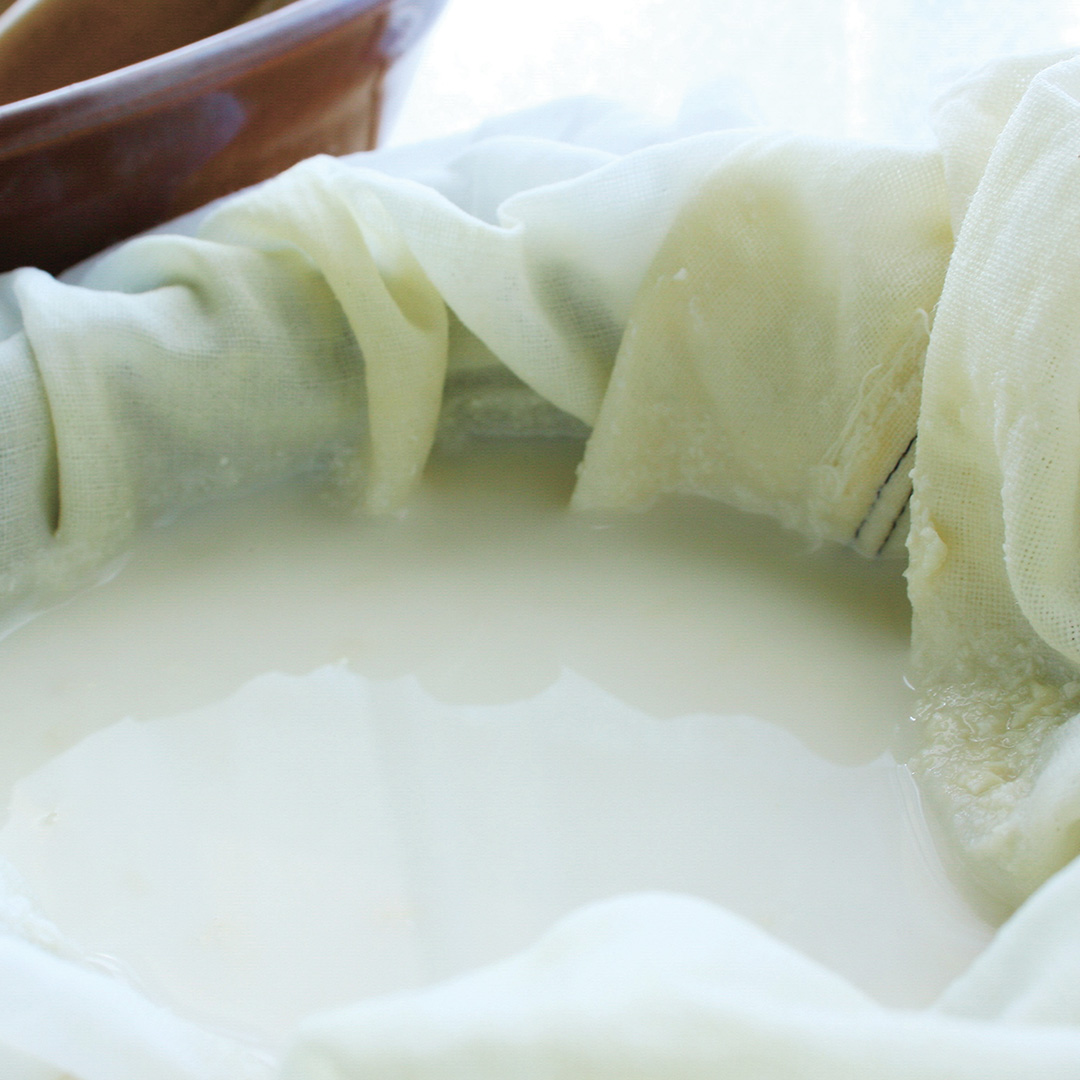 Chinese Traditional Craftsmanship -
Chinese Traditional Craftsmanship - Soymilk Filter Fabric
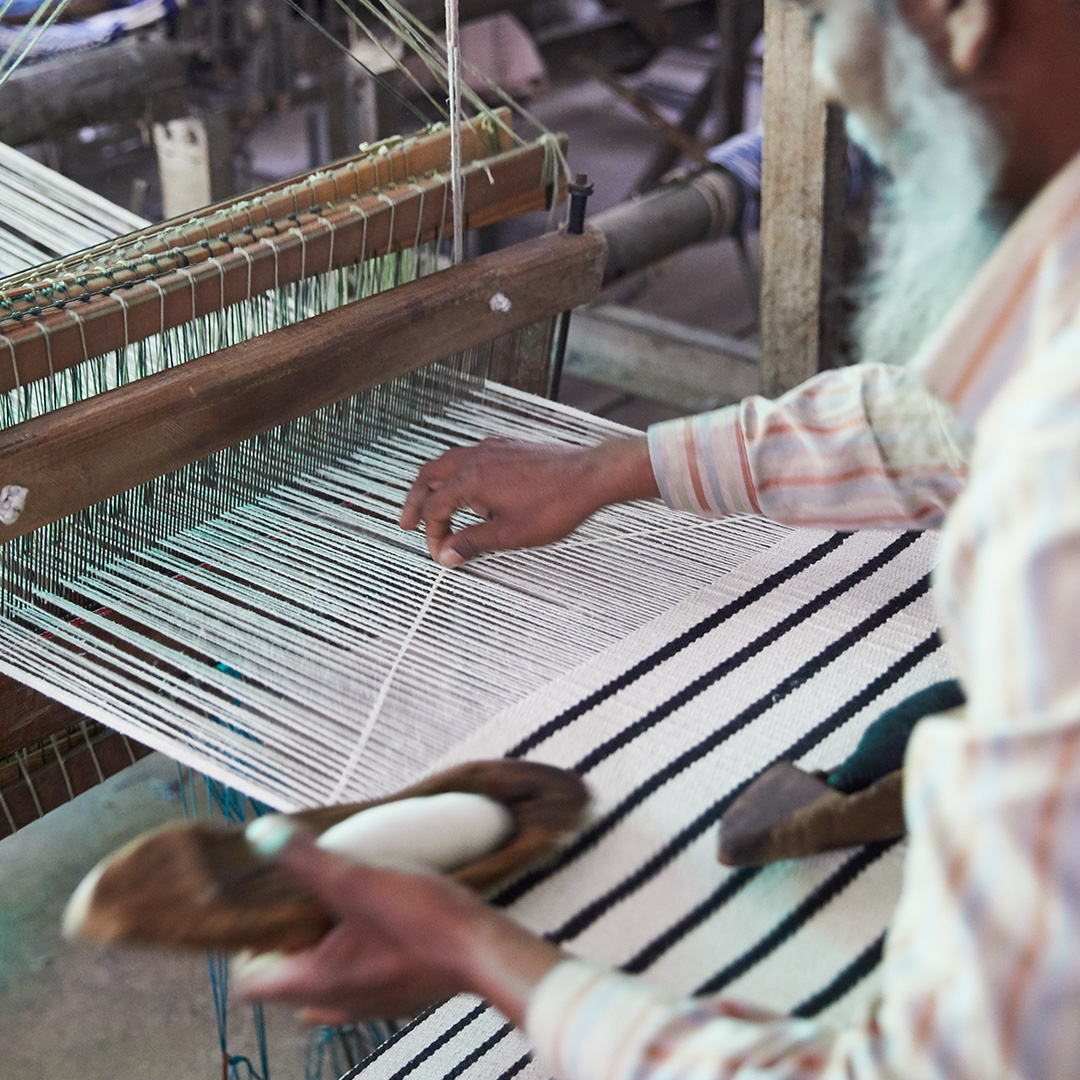 Indian Traditional Craftsmanship -
Indian Traditional Craftsmanship - Handwoven Textile
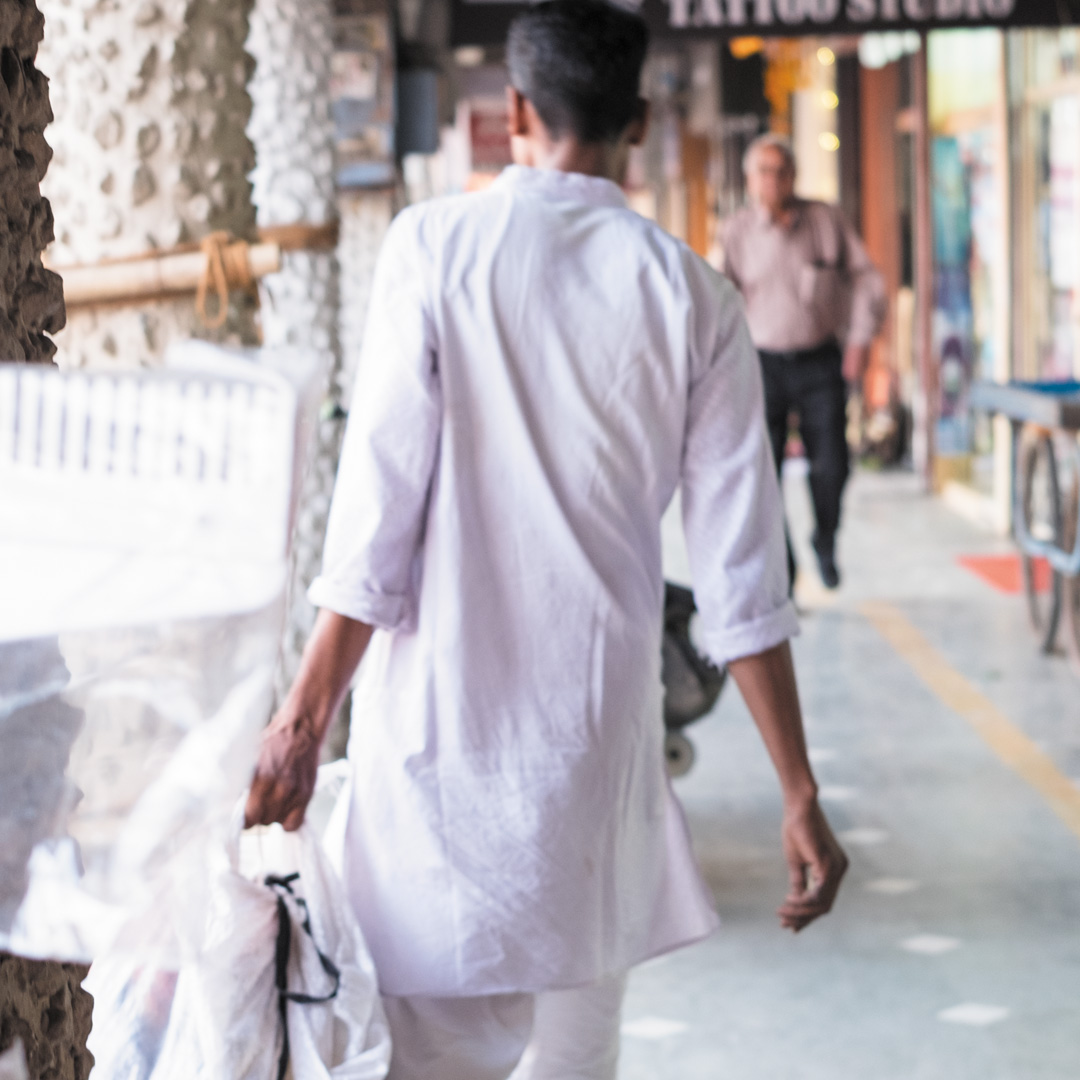 Indian Traditional Craftsmanship -
Indian Traditional Craftsmanship - Kurta
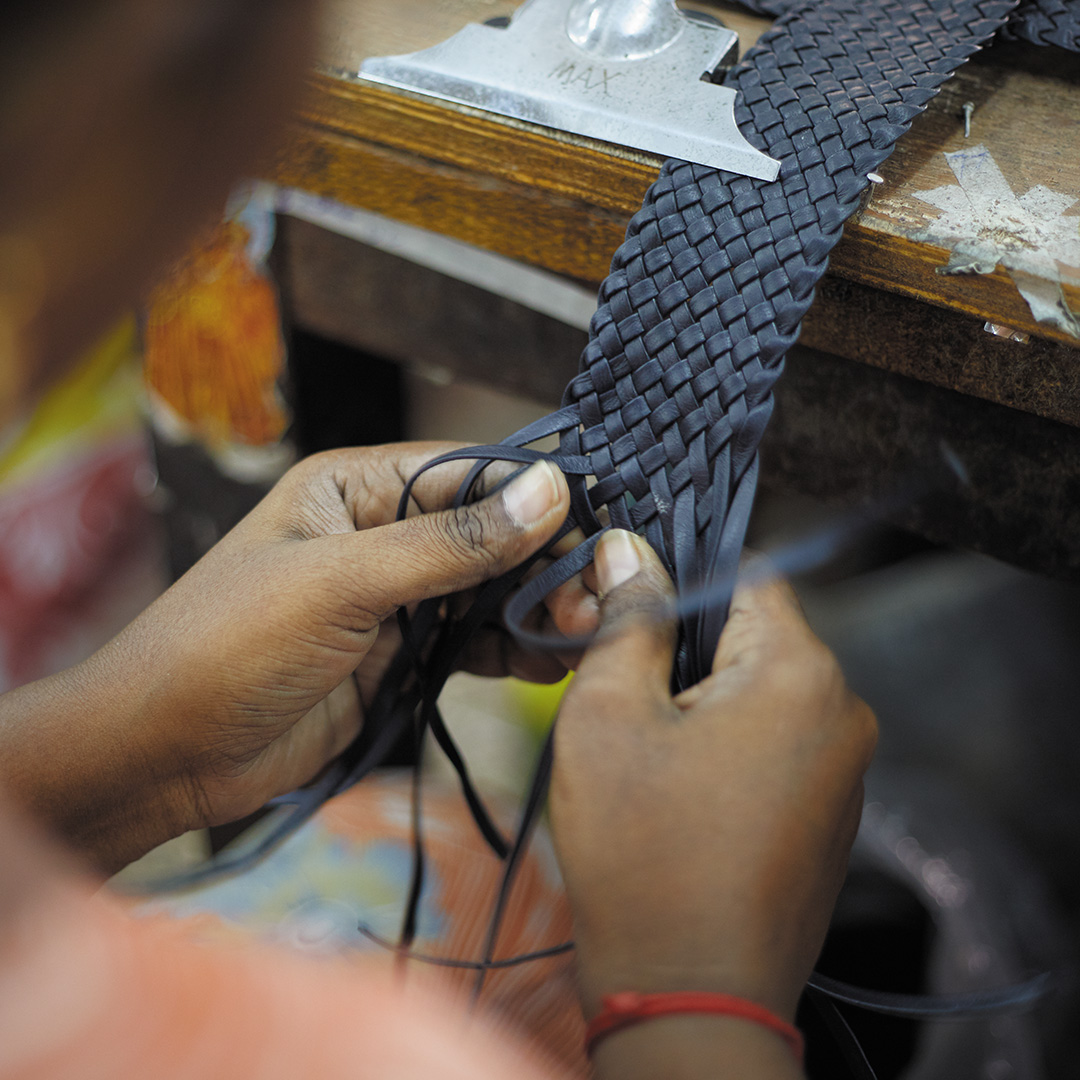 Indian Traditional Craftsmanship -
Indian Traditional Craftsmanship - Handwoven Leather
 Japanese Traditional Craftsmanship -
Japanese Traditional Craftsmanship - Yukata
















